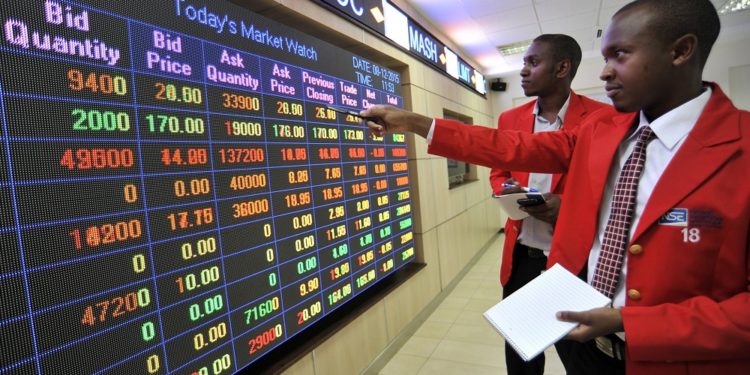In the second quarter of this year, Safaricom Plc’s stronghold over the Nairobi Securities Exchange (NSE) wealth has shown a noticeable decline. Its representation in the total market capitalization dropped to 40.6 percent, signifying a shift from its prior dominance. While Safaricom retains its position as the most valuable company, its share of the NSE’s total valuation has been steadily decreasing. This decline has been concurrent with the dwindling share price, which has seen a 30.2 percent reduction year-to-date, closing at Kes 16.8 last Friday, compared to the initial Kes 24.05 at the beginning of January.
Throughout the reviewed quarter, Safaricom’s market value averaged Kes 675.7 billion, while the overall average total market capitalization stood at Kes 1.6 trillion. This reflects the larger trend of the NSE’s performance, which has been under pressure due to foreign investors engaging in sell-offs. The decreasing value of Safaricom’s shares can be attributed to the actions of these foreign investors, who have been progressively reducing their stake in the company, resulting in a downward trajectory for the stock.
The leading stocks on the NSE, aside from Safaricom, include Equity Group, EABL, KCB Group, Co-op Bank Kenya, Absa Bank Kenya, NCBA Group, Standard Chartered Bank Kenya, BAT Kenya, and Stanbic Holdings. When combined, these top 10 stocks hold an average market capitalization of Kes 1.3 trillion, collectively accounting for 84.2 percent of the NSE’s total wealth. Interestingly, Safaricom also claimed the title of the most traded counter during the quarter, boasting an average turnover of Kes 2.2 billion. This surpassed the second most traded stock, Equity Group, with a turnover exceeding it by more than two-fold. The persistent departure of foreign investors from the market is anticipated to continue influencing the valuation of NSE-listed companies. This remains the case even though the fundamental aspects of the firms are deemed solid by some analysts, who perceive the current pricing trends as irrational.
Analyzing the situation, experts in the investment docket have noted that since pricing predominantly hinges on market dynamics rather than company-specific fundamentals, the disinterest and subsequent sell-offs by foreign investors are expected to perpetuate a widespread devaluation of prices. The exit of foreign investors has been associated with the shift towards defensive portfolio strategies that prioritize asset classes within developed and top-tier emerging markets. This shift further fuels the downward trend in NSE-listed companies’ valuations.
Email your news TIPS to editor@thesharpdaily.com

















